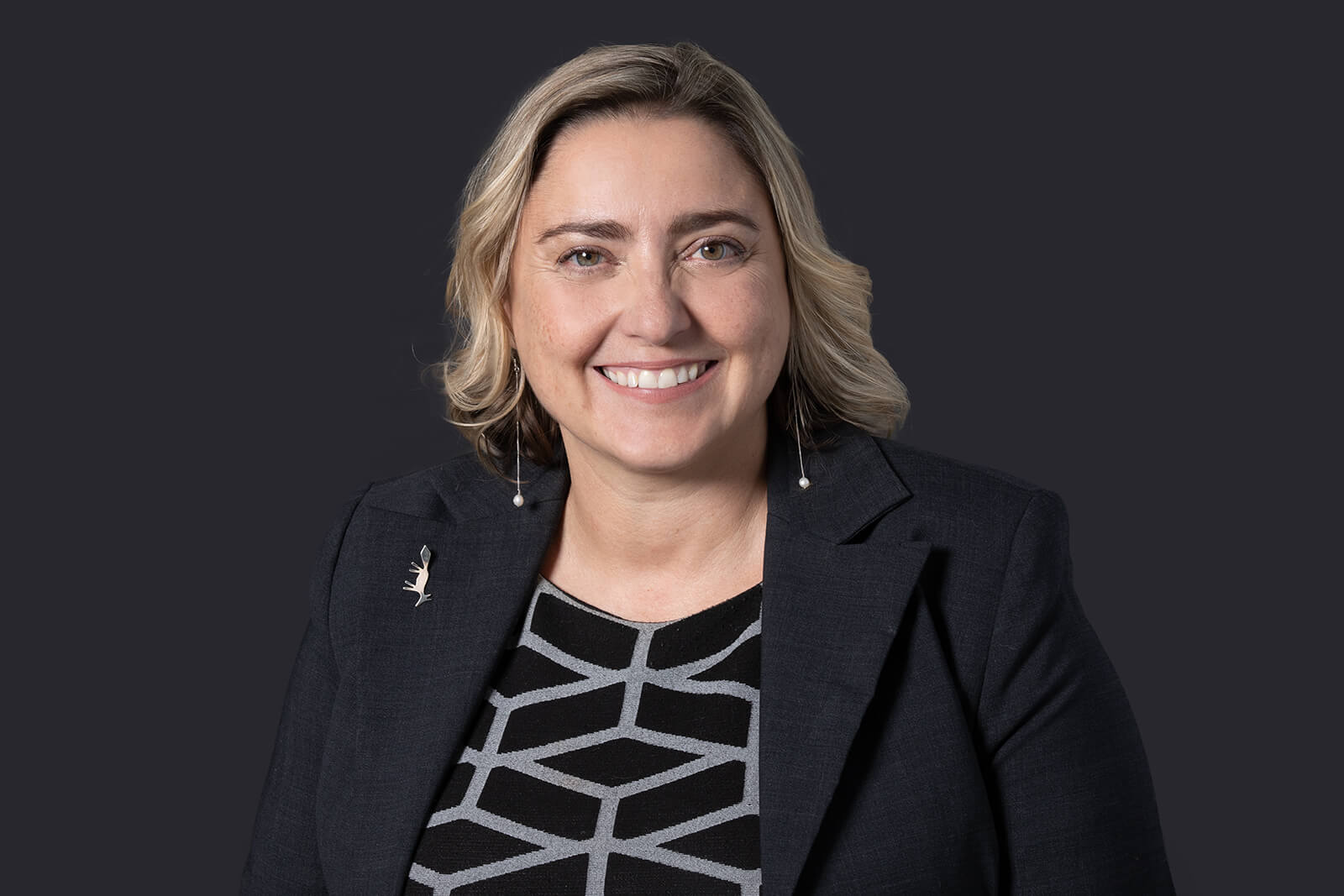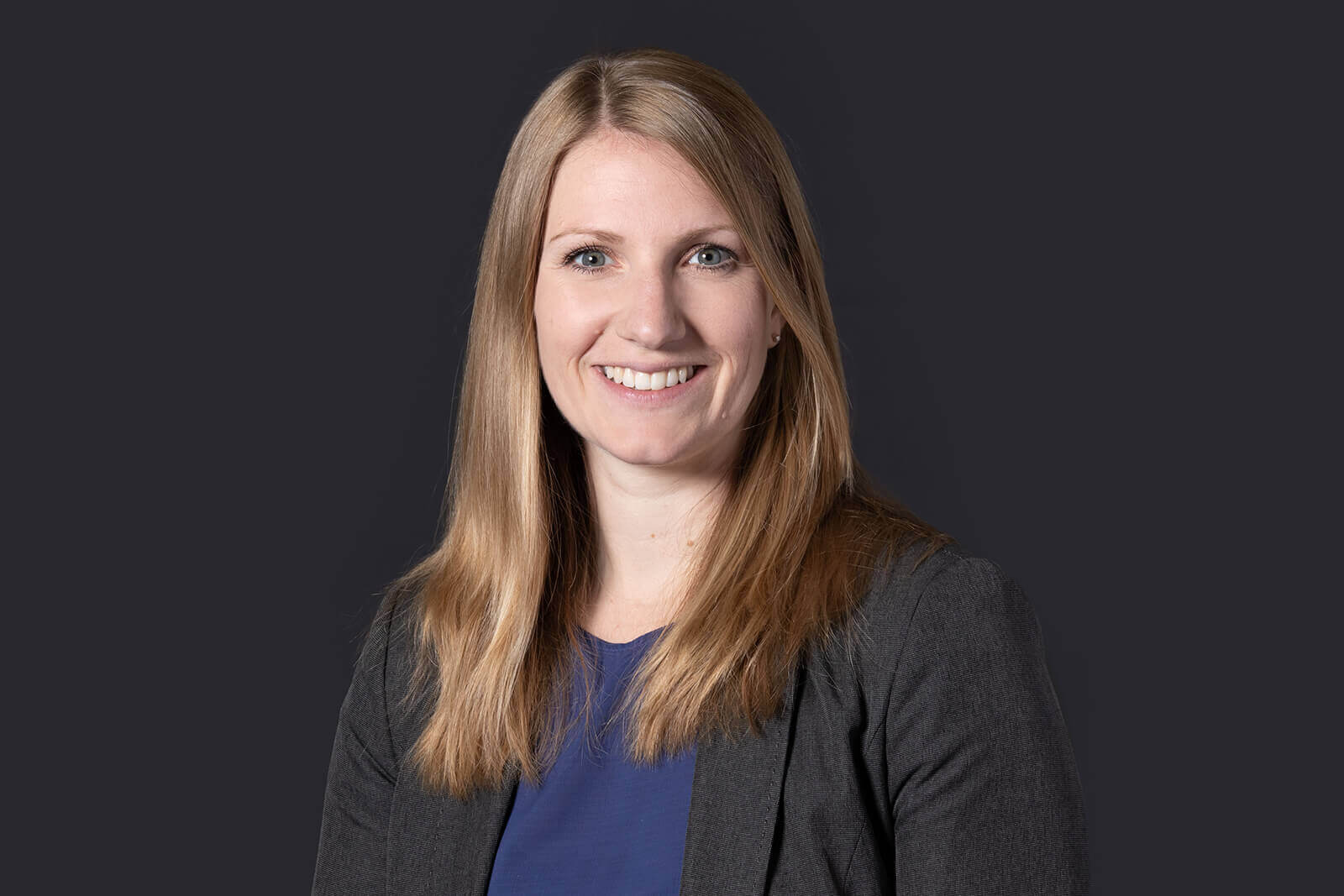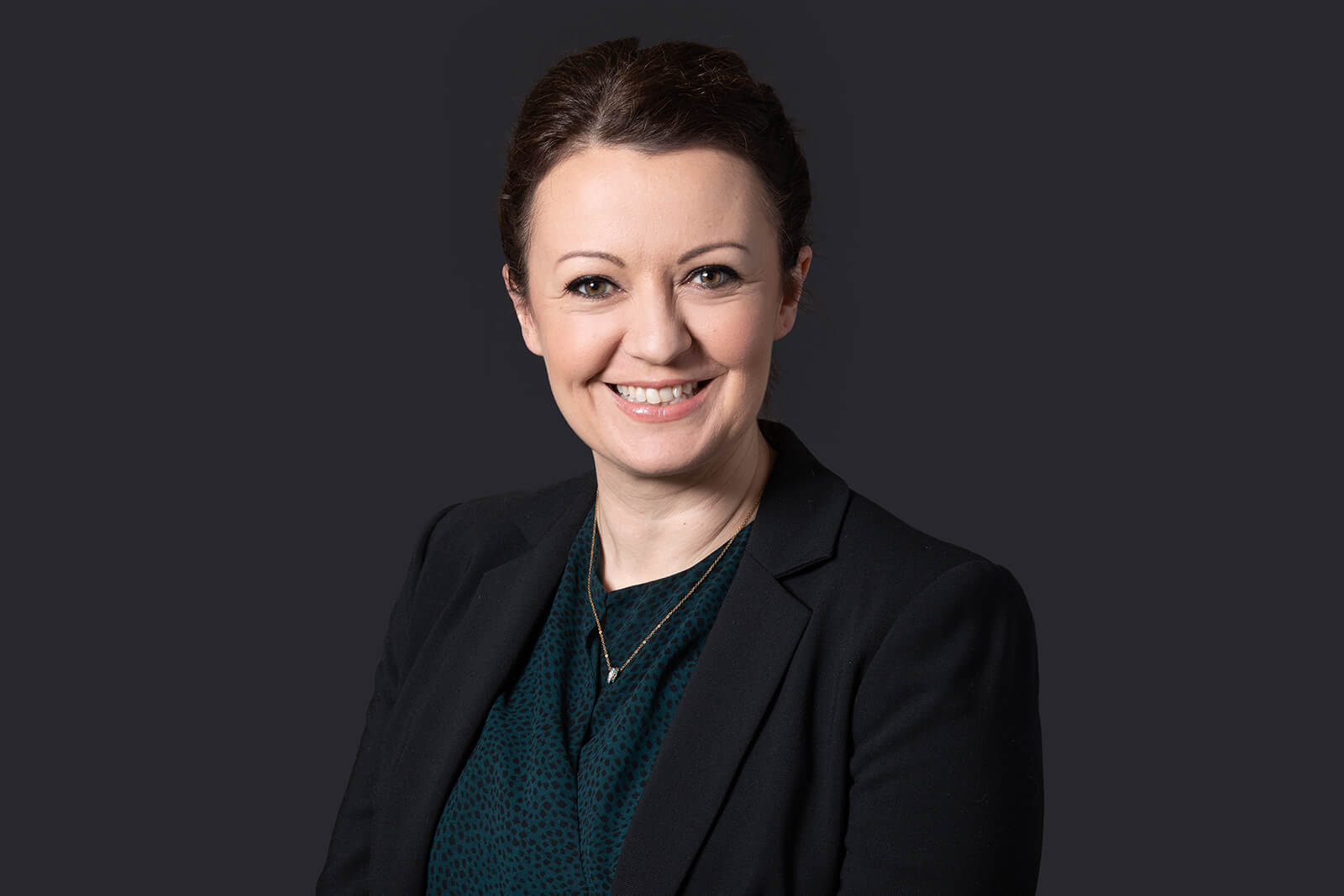We understand the complexities that organisations face during Court of Protection proceedings. As one of the leading healthcare law practices in the country, our Court of Protection lawyers offer the specialist advice and expertise you require in this intricate area of medical law.
We have a huge breadth of experience in both the private and public sectors and are a trusted advisor to over 100 NHS bodies, 150 local authorities and many independent healthcare providers across the country. Our medical lawyers are committed to providing an exceptional service as standard and can help you achieve the results you require.
What is the Court of Protection?
The Court of Protection was set up under the Mental Capacity Act 2005 (MCA) to assist those who lack capacity to make decisions about their health, welfare, finances or property. This could be for various reasons, such as a brain injury, learning disability or other illness, such as Alzheimer’s.
The Court of Protection has many roles and responsibilities; it may appoint a deputy to make ongoing decisions for a person that lacks capacity, decide whether someone is able to make their own decisions, decide on lasting power of attorney, intervene in medical cases, and make decisions on Deprivation of Liberty Safeguards (DoLS).
Amid increasing scrutiny from the CQC, the media, and the public, the Court of Protection has never been busier, and it is more important than ever to ensure the Mental Capacity Act is understood and implemented in your organisation. We know from CQC inspections that a strong result on MCA and Deprivation of Liberty is very closely correlated to a good outcome overall.
The issue of Deprivation of Liberty has been hugely active since the Supreme Court judgment in Cheshire West in March 2014 and continues to be so with the forthcoming Liberty Protection Safeguards that in time will be replacing the DoLS legal framework.
How can Browne Jacobson help with the Court of Protection procedure?
Acting for local authorities, NHS bodies, and independent sector providers, our experienced health and social care solicitors have been at the forefront of policy and practice in the Court of Protection since it was established. Our team of Court of Protection lawyers has grown eight-fold in the last two years – giving us the capacity, specialist knowledge and expertise to assist your organisation with all aspects of Court of Protection procedure.
These are some of the services we provide:
- Representing organisations in Court of Protection proceedings concerning welfare, medical treatment or financial issues and in cases concerning deprivation of liberty.
- Bringing cases before the Court of Protection concerning serious medical treatment decisions, care planning and/or residence disputes - including disputes about access to treatment options, resources and best interests.
- Emergency and out of hours applications to court.
- Extensive training on MCA / DoLS nationwide - including statutory BIA refresher training and subsequent follow up to ensure implementation and cost-effectiveness.
- Training on the proposed LPS framework.
Why choose Browne Jacobson healthcare solicitors?
Put simply, we are the leading healthcare law firm in the country working with health and social care providers and commissioners in the Court of Protection. We are ranked as leaders in Chambers and Partners, and are led by Rebecca Fitzpatrick who is one of the top listed Court of Protection lawyers nationwide, so you can rest assured that you’re in the best hands when you work with us.
Our dedicated team will provide the specialist healthcare legal advice you need on the Court of Protection procedure to ensure you get the result you require. Get in touch with one of our five regional centres to speak to one of our Court of Protection lawyers.
What we do
- Extensive training on MCA / DoL nationwide - including statutory BIA refresher training, and subsequent follow up to ensure implementation and demonstrate cost-effectiveness.
- Drafting or review of MCA / DoL policies and implementation.
- An audit of MCA / DoL issues, policies, training and practice - across all health and social care bodies in an area, to ensure co-ordination and consistency, and proper implementation.
- Medical treatment decisions and care planning / residence disputes - including disputes about access to treatment options / resources and best interests.
- Emergency and out of hours applications to Court.
- Sharing information and best interests decision making.
- Advice on LPAs and Deputies, and advance decisions to refuse treatment.
- Court of Protection and safeguarding / the Inherent Jurisdiction.
- Advising on the interplay between the Mental Capacity Act and the Mental Health Act.
- Children and young people.
- Guidance and support - through our regional forums for MCA / DOL leads in our offices around the country and delivery of regular case law update webinars, free of charge, viewed by thousands of health and social care professionals.
"Browne Jacobson's approach to dealing with complex matters is first class."
Featured experience
‘Re X’
Acting in ‘Re X’ on the streamlined court process, including going to the Court of Appeal, and advising the Ministry of Justice on revised court forms and practice direction.
Court authorised deprivations of liberty for children
We often represent clients in cases where children are being deprived of their liberty.
Notable examples include Wigan BC v Y (Refusal to Authorise Deprivation of Liberty) [2021] EWHC 1982 (Fam), which concerned the deprivation of liberty of a 12-year-old child with mental health issues on an acute hospital ward.
Also the case of Re Troy (A Child) [2022] EWHC 3426 (Fam), in which the court authorised the deprivation of liberty of a 15 year-old boy with mental health problems and behavioural difficulties on an acute hospital ward, given there was no alternative place for him to live and the restrictions placed upon him were required to keep him safe.
Both cases highlighted the shortage of appropriate placements for children facing similar challenges and attracted significant media attention.
Emergency High Court application to authorise the provision of blood products to a child
Our team provided crucial support to an NHS Trust during an urgent situation, facilitating an emergency application to the High Court outside of normal working hours. The application was seeking authorisation for the provision of essential blood products to a child, in their best interests. The blood products were urgently required but the parents were unable to consent due to their religious beliefs.
Delivering an innovative pilot scheme for telephone mediation
Developing and delivering an innovative pilot scheme for telephone mediation of Court of Protection disputes for the Office of the Public Guardian.
Testimonials
"Browne Jacobson deliver exceptional value for money. We also find their approach to dealing with complex and matters beyond the day-to-day internal process to be first class."
"They can handle the most novel and unusual cases."
"The team is so easy to contact and there is always someone at hand available to help."
"The team at Browne Jacobson is very knowledgeable, and its advice is second to none. The lawyers are very pragmatic and are able to explain issues in layperson's terms."
What our people say
Working in mental health and mental capacity law
Rebecca Fitzpatrick, Partner
"The team I head helps the NHS to save the lives of vulnerable adults and children in urgent medical treatment cases which gives me a lot of satisfaction."Find out more

Key contacts

Rebecca Fitzpatrick
Partner

Samantha Paxman
Barrister (Partner)

Mark Barnett
Partner

Ed Pollard
Partner

Victoria Colclough
Partner

Rebecca Blackwood
Barrister (Senior Associate)

Sarah Vince
Barrister (Senior Associate)

Clare Shepherd
Senior Associate

Luke Berry
Barrister (Senior Associate)
You may be interested in...
Legal Update
NHS South East London Integrated Care Board v JP: Four key takeaways for Integrated Care Boards
Press Release
Government's announcement on child grooming inquiries: What local authorities need to know
On-Demand
Pupillage open evening
Legal Update
Calls for public inquiry into child sexual exploitation intensify amidst political pressure
Legal Update
Court of Protection update for local authority lawyers
Legal Update
The new Mental Health Bill 2025: A closer look at its key provisions
On-Demand - Shared Insights
Browne Jacobson submits recommendations and proposals to the government for England’s 10 Year Health Plan
Legal Update
Death certification reform in England and Wales: How will health and social care be affected?
Legal Update
A long period of voluntary child care does not always mean an entitlement to damages
Legal Update
UK government announces new Mental Health Bill to modernise the Mental Health Act 1983
Legal Update
Labour’s mental health care plans: What to expect under the new government
Press Release
General election reaction from Browne Jacobson’s health and life sciences team
Legal Update
UK election 2024: What are the healthcare promises made by the major political parties?
Legal Update
Government response to the recommendations regarding the draft Mental Health Bill
Legal Update
ICO consultation on accessing care records: A legal perspective
Legal Update
Court of Protection rules on capacity and best interests in pregnancy termination case involving detained woman
Legal Update
Mental health law round up – February 2024
Legal Update
Updated guidance on COPDOL11 (Re X) applications
Published Article
Legal frameworks for mental health
Press Release - #BeingBrowneJacobson
Making a difference: Working in mental health and mental capacity law
Legal Update
Renewals and CTOs - are remote examinations permitted under the Mental Health Act?
Legal Update
CQC State of Care report 2022/23 – what does it say about mental health care and the Deprivation of Liberty Safeguards?
On-Demand - Shared Insights
Shared insights: Mental Capacity
Legal Update
Can a care provider be compelled to deliver care that it considers unsafe or is unwilling to provide?
On-Demand - Shared Insights
The challenges caused by disordered eating in education, health and social care settings
Legal Update
Jurisdiction of the First-tier Mental Health Tribunal in the context of remote assessments under the Mental Health Act: recent developments
Legal Update
Section 117 after-care services: Who should pay?
Legal Update
Inquests and Article 2 of the ECHR: A practical guide following the case of Maguire
Legal Update
Learning from Reports to Prevent Future Deaths in Mental Health settings - A Review of PFDs nationally 2022-2023
Legal Update
Navigating the complexities of detention: insights from a recent Mental Health Act / Mental Capacity Act interface case
Legal Update
Liberty Protection Safeguards (LPS) update – June 2023
Legal Update
Restricting a patient’s use of their mobile phone – is it lawful?
Legal Update
Supreme Court will hear Worcestershire case on local authority responsibility for Section 117 Aftercare in April 2023
Legal Update
Mental health, eating disorders and placement of young people
Legal Update
LPS consultation and ‘go live’ planning
On-Demand - Shared Insights
Shared Insights: Prolonged disorders of consciousness
Legal Update
Liberty Protection Safeguards: points to note as consultation period continues
Deprivation of Liberty Safeguards was due to transition to Liberty Protection Safeguards in October 2020 but delayed due to the pandemic. While the public consultation has now closed and we’re still unclear of what the final legislation and code will look like, it’s worth noting and keeping a watching brief.
On-Demand
LPS - it's out - what do you need to know? Part 3: the practicalities of implementation
This on-demand session deals with what we now know so far about the finer detail of the LPS proposals, particularly focussing on the practicalities of implementing the LPS system.Legal Update
The Liberty Protection Safeguards – how can we help?
The Liberty Protection Safeguards (LPS) were introduced in the Mental Capacity (Amendment) Act 2019 and will replace the Deprivation of Liberty Safeguards (DoLS) system. The LPS framework aims to deliver improved outcomes for people who are or who need to be deprived of their liberty.
Opinion
“MARSIPAN” Guidelines replaced with the Medical Emergencies in Eating Disorders Guidance
The Royal College of Psychiatrists has produced updated guidance to help frontline staff and clinicians identify and treat patients with eating disorders before the illness becomes a medical emergency.


































